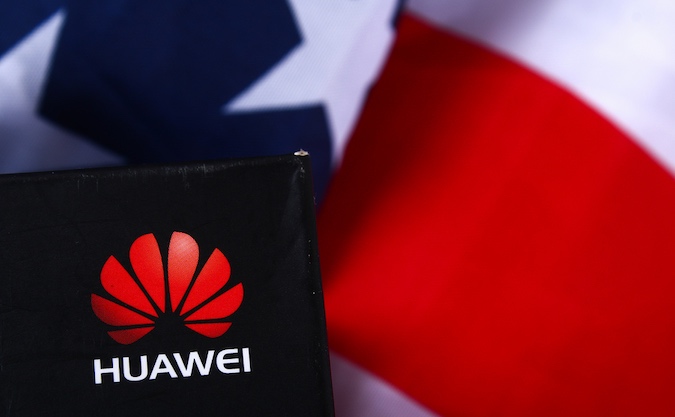The U.S. Federal Communications Commission (FCC) on Tuesday designated Chinese telecommunications companies Huawei and ZTE as national security threats.
In response to the announcement, China asked the U.S. to stop “oppressing Chinese companies,” accusing Washington of “abusing state power” and claiming that there was no evidence of wrongdoing.
The FCC said the move is part of efforts to protect the country’s communications networks from security risks. The action targets Huawei and ZTE, along with their affiliates, parents and subsidiaries.
By declaring the Chinese companies national security threats, the FCC is banning U.S. organizations from acquiring equipment or services using money from the agency’s Universal Service Fund.
The FCC decided in November 2019 that it would ban the use of its funds to purchase services or equipment from companies that pose a threat to national security, specifically to communication networks and the telecoms supply chain.
Huawei and ZTE are now covered by the rule, with the FCC arguing that they have “substantial ties to the Chinese government,” they are required by Chinese laws to assist espionage operations, and their equipment is affected by vulnerabilities.
“With today’s Orders, and based on the overwhelming weight of evidence, the Bureau has designated Huawei and ZTE as national security risks to America’s communications networks—and to our 5G future,” said FCC Chairman Ajit Pai.
“Both companies have close ties to the Chinese Communist Party and China’s military apparatus, and both companies are broadly subject to Chinese law obligating them to cooperate with the country’s intelligence services. The Bureau also took into account the findings and actions of Congress, the Executive Branch, the intelligence community, our allies, and communications service providers in other countries. We cannot and will not allow the Chinese Communist Party to exploit network vulnerabilities and compromise our critical communications infrastructure,” Pai added. “Today’s action will also protect the FCC’s Universal Service Fund—money that comes from fees paid by American consumers and businesses on their phone bills—from being used to underwrite these suppliers, which threaten our national security.”
Over the past years, the U.S. has taken several steps to ban the use of equipment from Huawei, ZTE and other Chinese companies, and it has been urging allies to do the same. President Donald Trump recently signed a bill whose goal is to help small telecom providers replace equipment made by the two firms. The United States Commerce Department also recently broadened sanctions on Huawei in an effort to prevent it from acquiring chips and other components that are based on U.S. technology.
Related: U.S. Restriction on Chipmakers Deals Critical Blow to Huawei
Related: US Eases Conditions for Working With Huawei on 5G Standards
Related: Huawei and Supply Chain Security – The Great Geopolitical Debate














